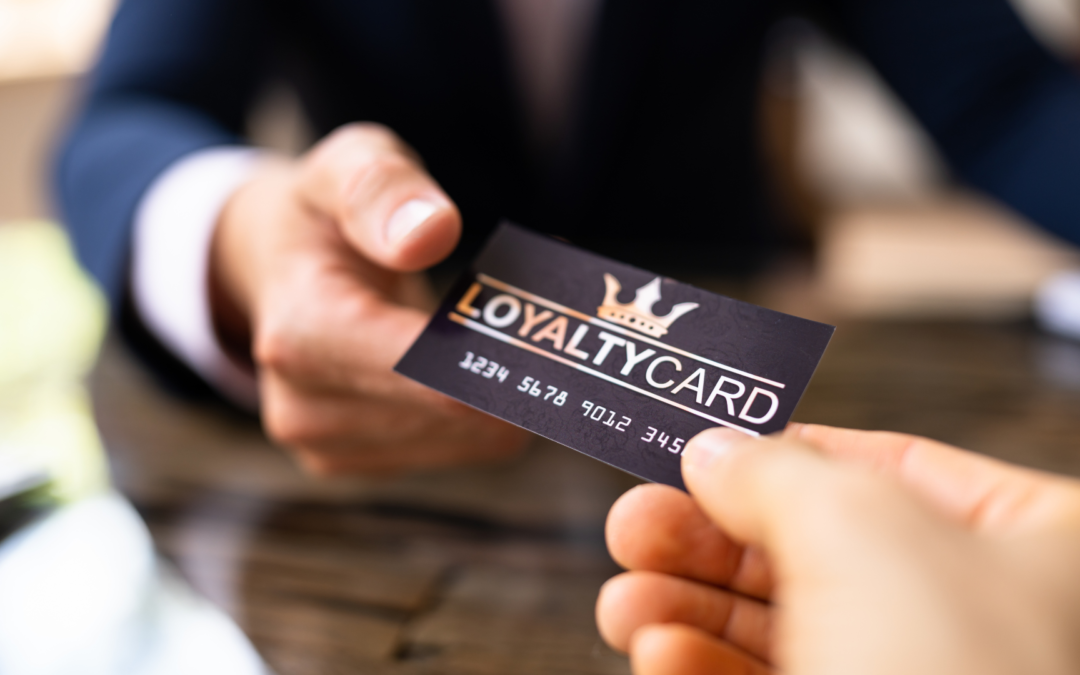Loyalty programs are an increasingly popular way for businesses to reward repeat customers, gather insights, and build brand loyalty. However, in the age of data privacy, serious legal considerations have also been raised — especially regarding how consumer data is collected, shared, and used.
This is governed by the Protection of Personal Information Act 4 of 2013 (“POPIA”), which imposes strict obligations on businesses to protect consumer information.
So, what do businesses and consumers need to know?
Informed Consent is Non-Negotiable
At the heart of POPIA is the principle of informed, voluntary, and specific consent. When consumers sign up for loyalty programs, they often provide personal information — such as their name, ID number, shopping habits, and even location data.
The business must:
- Clearly inform consumers about what data is being collected
- Explain how it will be used, stored, and shared
- Obtain explicit consent — usually via opt-in mechanisms
Pre-ticked boxes or vague consent clauses buried in lengthy terms and conditions are not recommended.
Purpose Limitation and Data Minimisation
Businesses may only collect data relevant and necessary for the loyalty program. Using that data for unrelated marketing or selling it to third parties without further consent is a breach of POPIA.
Example: If the purpose is to offer discounts based on shopping history, the company may not then use that data to build a profile for unrelated services unless new, specific consent is obtained.
Third-Party Sharing and Cross-Border Transfers
Many loyalty programs involve third-party partners such as airlines, retailers, or financial institutions. Sharing personal information with these partners must be:
- Disclosed upfront
- Governed by data-sharing agreements that ensure those third parties comply with POPIA
If data is transferred outside of South Africa, additional conditions apply under Section 72 of POPIA, including ensuring that the recipient country has similar data protection laws or binding agreements.
Right to Withdraw, Access and Delete
Consumers have the right to:
- Access their data
- Correct or delete outdated or inaccurate information
- Withdraw consent at any time
Loyalty programs must have transparent, accessible processes in place to facilitate these rights.
Security Safeguards
Companies must implement appropriate technical and organisational measures to safeguard personal data. Data breaches can result in:
- Reputational damage
- Administrative fines
- Civil claims by affected consumers
It is also a legal requirement to notify both the Information Regulator and affected individuals of any security compromise.
Conclusion
For businesses, loyalty programs are more than marketing tools—they are legal commitments to handle personal data responsibly. For consumers, understanding what they are signing up for and how their data is being used is key to protecting their rights. Whether you’re designing a new program or auditing an existing one, it’s crucial to ensure your data practices align with POPIA, because loyalty is built on trust, and trust demands transparency.
Do you need help reviewing your loyalty program or data-sharing practices? At SchoemanLaw Inc., we help businesses create compliant, consumer-trusted programs from the ground up.


Recent Comments